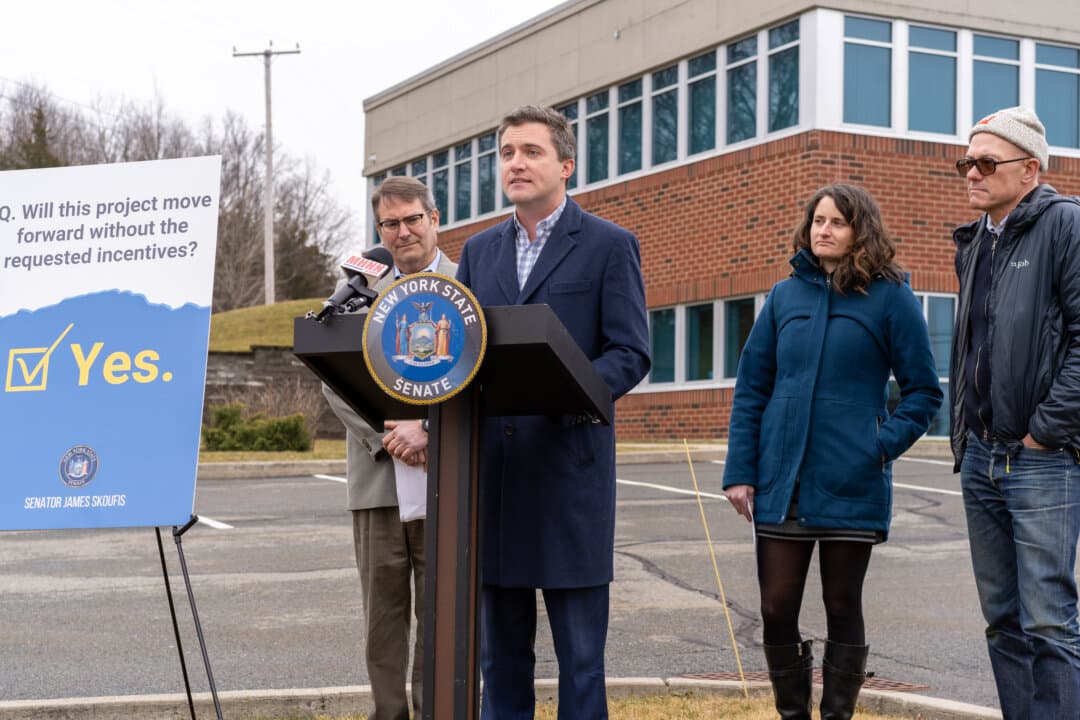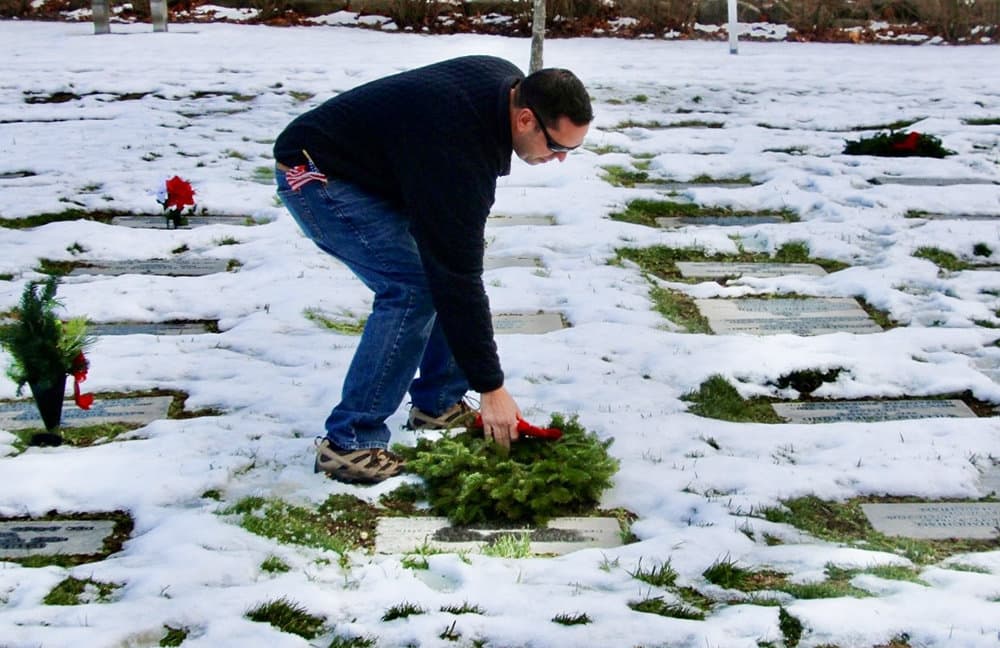Senator Delivers 1,000 Signatures Opposing Amazon Tax Break
State Senator James Skoufis delivered roughly 1,000 Orange County resident signatures to the OCIDA monitor opposing a Payment in Lieu of Taxes for a proposed Amazon warehouse in Wawayanda. The move raises questions about local tax policy, agency accountability, and how community voices can shape future economic development decisions.

State Senator James Skoufis on November 12 delivered a packet of roughly 1,000 Orange County resident signatures to Brian Sanvidge, the monitor for the Orange County Industrial Development Agency. The signatures were compiled in a 28 page submission dated November 11 and registered opposition to a PILOT incentive previously approved by OCIDA for a proposed Amazon warehouse in the Town of Wawayanda.
The contested incentive is a 15 year arrangement valued at $80.2 million in tax benefits that OCIDA approved for the project. As OCIDA monitor, Sanvidge has statutory authority to review agency actions and potentially veto approvals. Skoufis submitted the petition for the monitor to consider as part of that review process.
The petition arrival makes the dispute a matter of formal record and elevates a community concern into the oversight channel that can alter or halt the incentive. For local residents, the outcome could have direct implications for municipal and school tax bases over the next decade and a half, given the scale and duration of the PILOT agreement. For county leaders, the episode underscores how development incentives approved by economic development agencies can trigger sustained civic opposition and political scrutiny.
OCIDA is charged with promoting economic development through tax incentives and other tools. PILOT agreements are commonly used to attract large projects by reducing property tax obligations in exchange for promises of jobs and investment. Critics of PILOT deals generally contend that the long term cost to local taxing jurisdictions can outweigh the benefits, while proponents argue the incentives spur projects that would not otherwise locate in the community. The Wawayanda matter places those competing evaluations before the OCIDA monitor and local policymakers.
Skoufis framed his action as documentation of community sentiment and asked the monitor to consider the petition and take appropriate action. The submission now obliges Sanvidge to weigh community opposition alongside OCIDA staff recommendations and the agency record. How the monitor responds will be closely watched by residents who signed the petition, local elected officials, and developers who follow OCIDA decisions for precedent.
Beyond the immediate decision, the episode highlights wider questions about local accountability and civic engagement. Collecting roughly 1,000 signatures indicates organized public mobilization on a single project. If the monitor exercises veto power, it could reshape how OCIDA approaches large scale incentives and how communities engage with development proposals going forward. If the monitor declines to act, petitioners may seek other avenues to press their concerns with municipal leaders and state officials. Either outcome will matter for taxpayers, municipal budgets, and the political calculus of economic development in Orange County.


